Ancient Ritual Uncovered: Four Donkeys Buried 4,500 Years Ago Beneath Canaanite Ruins Spark Chilling Mysteries
But why?
Why These Egyptian Donkeys May Have Been Sacrificed 4,500 Years Ago
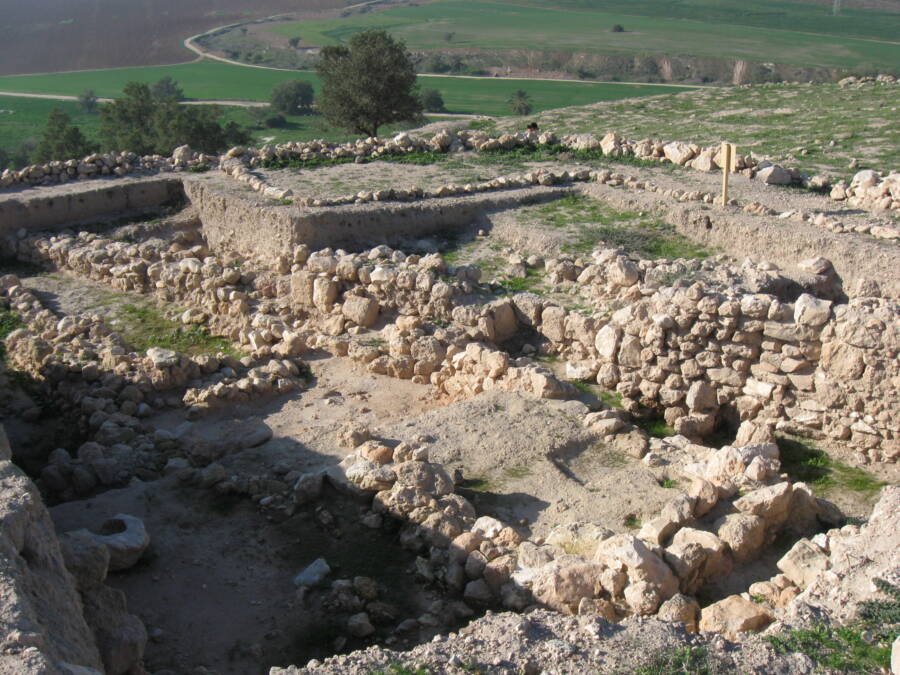
Ori~/Wikimedia CommonsThe ancient ruins of Gath at Tell es-Sâfi, which was once one of the largest cities in the southern Levant.
Some 4,500 years ago, Gath was one of the largest cities in the southern Levant, and an important center of trade. Egypt was one of the city’s trading partners, and researchers suspect that the donkeys were chosen as sacrificial animals because of what Egypt represented at the time.
Egypt was then a powerful civilization in the region, and the donkeys may have thus represented strength and prosperity. The donkeys, imported from Egypt, represented Egyptian power, and were possibly sacrificed in hopes of bringing prosperity or divine protection to the house’s owners.
“It was not any donkey that was deemed worthy of sacrifice at Tell eṣ-Ṣâfi/Gath, but only Egyptian young females,” the study’s authors explain. “This suggests the function of these sacrifices is not simply a totem animal or an occupation marker but was socially and ritually charged by having come from Egypt. The importance and charged significance of the display of economic, and likely social and political connections with Egypt, was an integral part of the sacrificial ritual. Thus, an Egyptian donkey might have been seen as an exotic and special animal, worthy of specific ritual use.”

Ori~/Wikimedia CommonsThe ruins of Gath, an ancient Canaanite city located in present-day Israel.
Still, questions about the donkeys sacrificed in Gath remain. Who arranged the sacrifice of the donkeys? Who did the home belong to? What did the homeowners hope that the sacrifice would bring them? And why were donkeys — and not another animal — chosen for this important ritual?
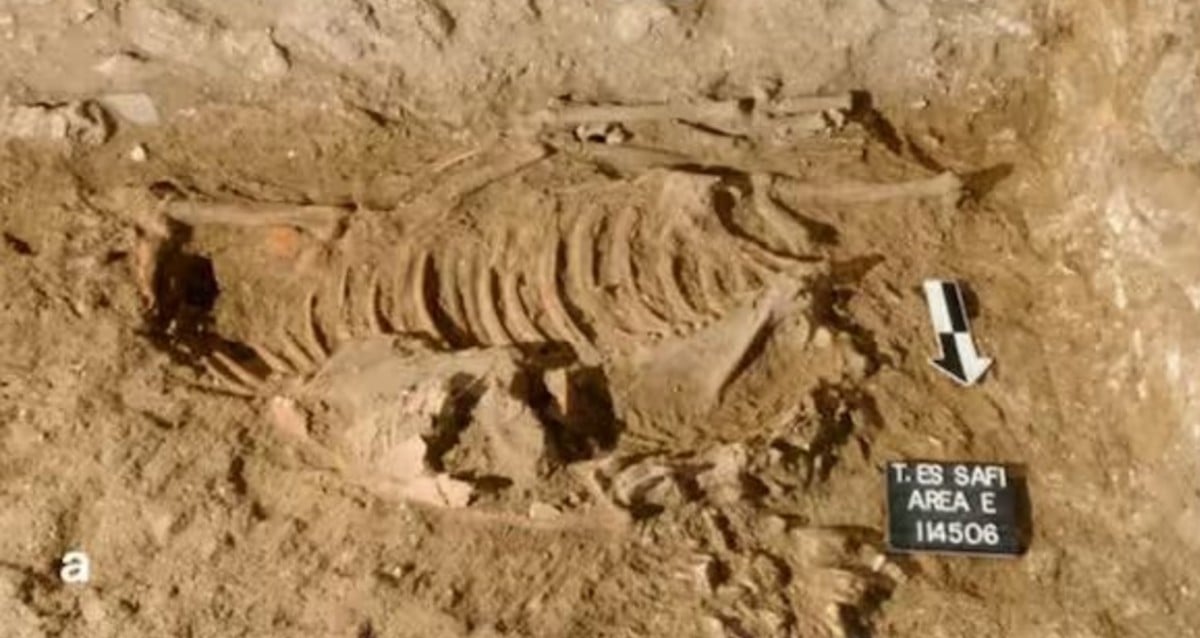
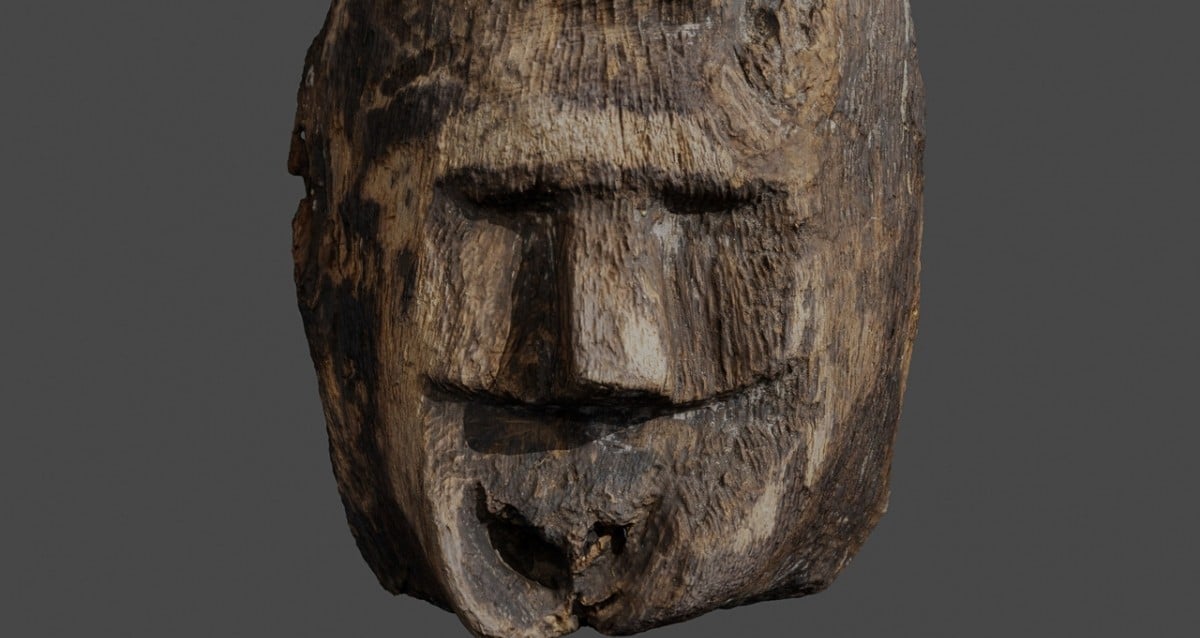
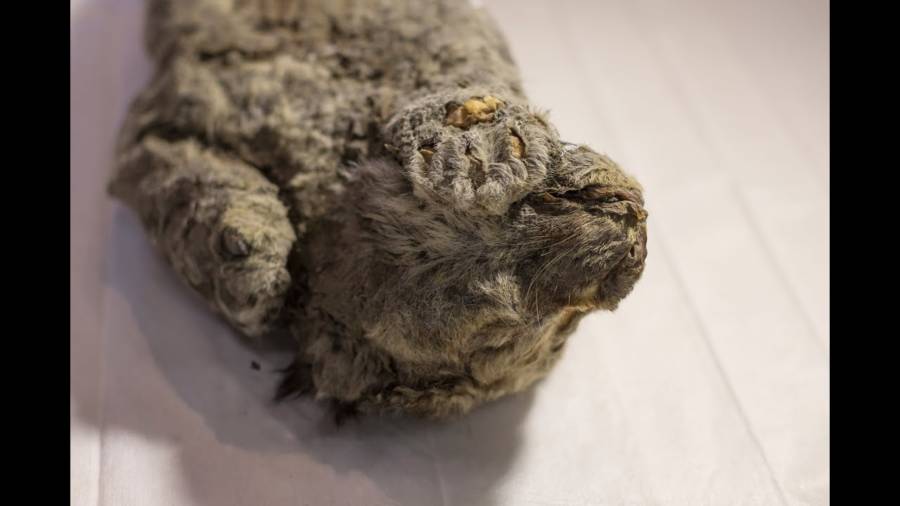





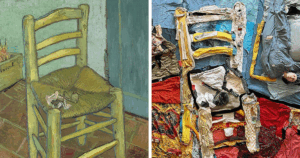

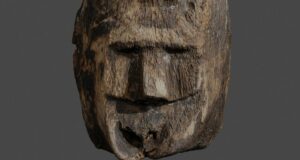



Post Comment